-
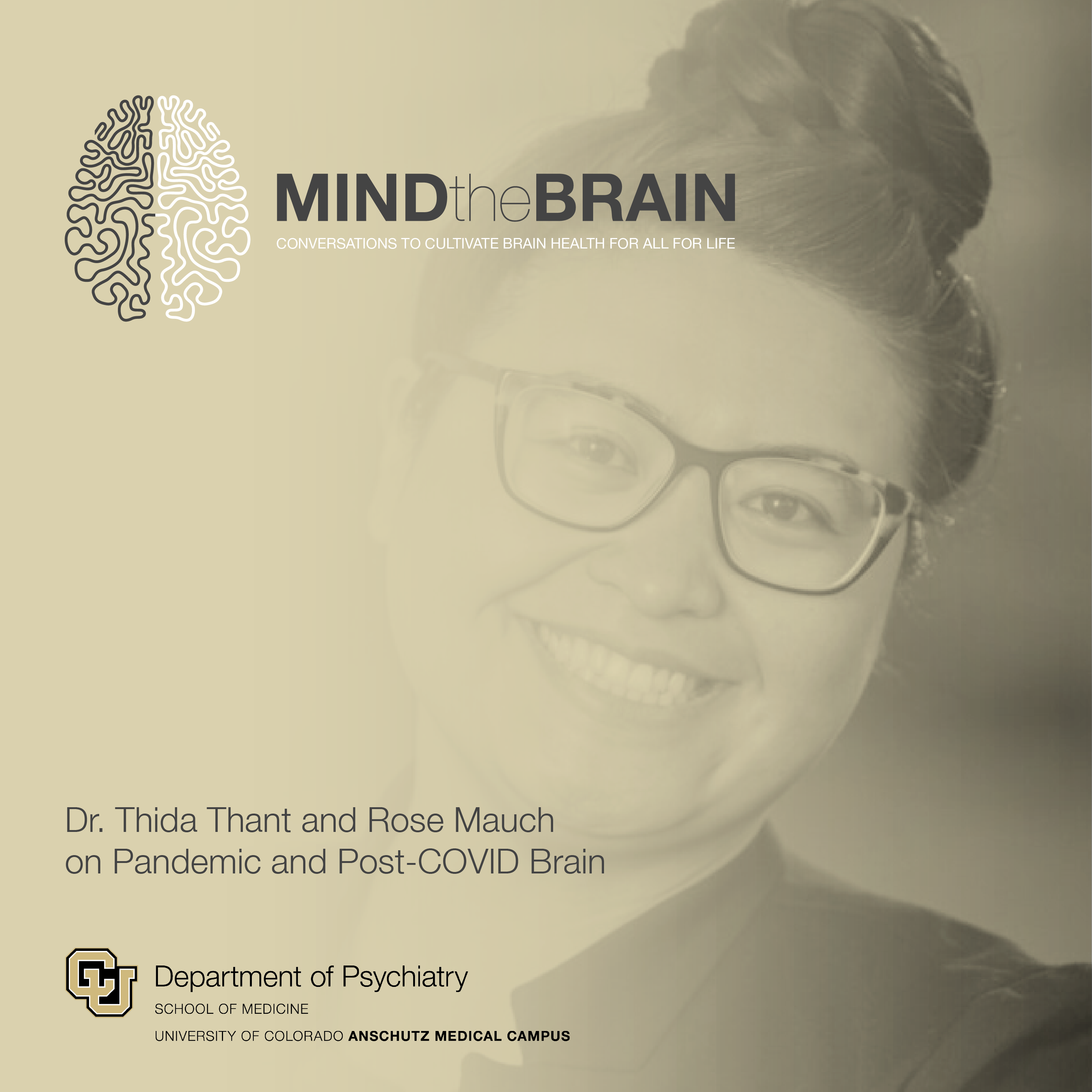
Mind the Brain: Dr. Thida Thant and Dr. Rose Mauch on Pandemic Brain and Post-COVID Brain
Jun 29, 2021This week on Mind the Brain, Dr. Neill Epperson is joined by Drs. Thida Thant and Rose Mauch. Dr. Thant is the director of the University of Colorado Consultation-Liaison Psychiatry Service and the Psychiatric Consultation for the Medically Complex clinic. She has expertise in the evaluation and management of psychiatric symptoms in the context of medical and neurological illness. Dr. Mauch is currently a 3rd year psychiatry resident at the University of Colorado, and is interested in how long-term effects of early childhood trauma on psychiatric and medical illness. Together, they discuss a phenomenon many of us have experienced – a phenomenon called ‘pandemic brain.’Full story -

Emily Hemendinger Featured on CU Anschutz 360 Podcast | "How Does Social Media Affect Our Mental Health?"
Jun 8, 2021In this episode of CU Anschutz 360, Emily Hemendinger, LCSW, explores the positive and negative consequences of social media use on our mental health. She asserts that the COVID-19 pandemic, when social media use skyrocketed, caused a mental health crisis.Full story -
.png?sfvrsn=4fbcf6ba_0)
Mind the Brain: Dr. Robert Werthwein on Colorado’s Behavioral Health Task Force
May 25, 2021This week on Mind the Brain, Dr. Neill Epperson is joined by Dr. Robert Werthwein, Director of the Office of Behavioral Health at the Colorado Department of Human Services, to talk about the work of Colorado’s Behavioral Health Task Force and behavioral health reform efforts in our state.Full story -
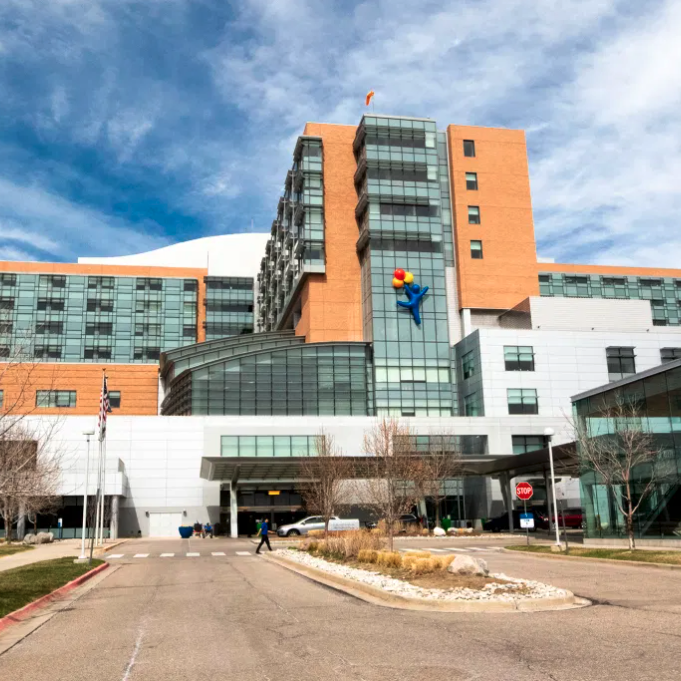
Children’s Hospital Colorado Declares A State Of Emergency Over Kids’ Mental Health
May 25, 2021Department of Psychiatry faculty member Jenna Glover, PhD attributes current pediatric mental health crisis to ongoing stresses of COVID-19Full story -
.png?sfvrsn=dde7bba_0)
Mind the Brain: Dr. Joseph Schacht on the Clinical Neuroscience of Substance Use Disorders
May 25, 2021On this episode of Mind the Brain, Dr. Neill Epperson has a conversation with Dr. Joseph Schacht about neuroimaging in clinical research, the part that genetics play in alcohol and substance use disorders, and how genetics can be used to target treatments for these disorders.Full story -
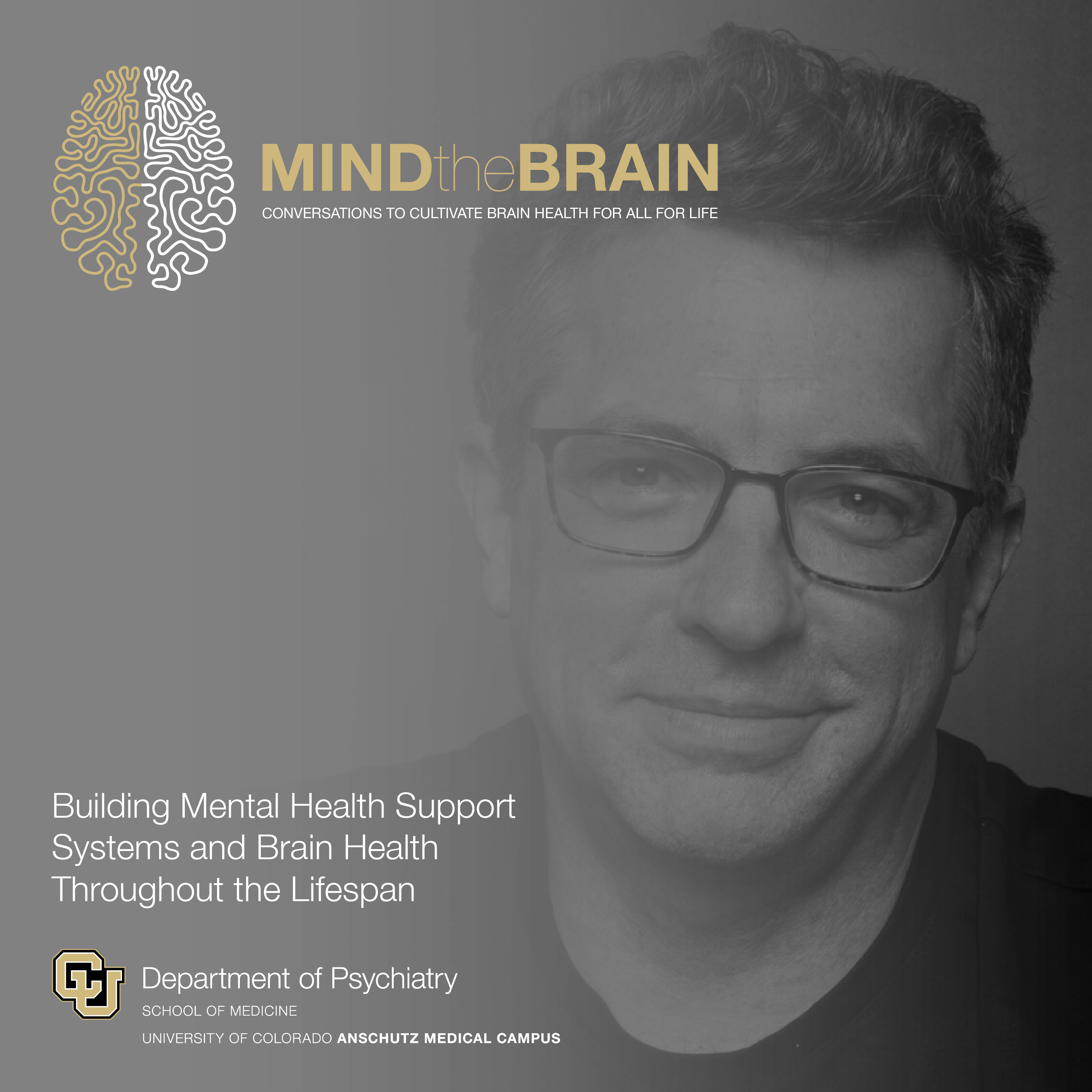
Mind the Brain: Vincent Atchity on Building Mental Health Support Systems and Brain Health Throughout the Lifespan
May 18, 2021On this episode of Mind the Brain, Dr. Neill Epperson talks with Dr. Vincent Atchity (President and CEO of Mental Health Colorado) about the need to advance community mental health support systems and why brain health is imperative to a healthy and abundant life.Full story -
.png?sfvrsn=890d79ba_0)
Mind the Brain: Breast Cancer and Brain Health in 2021 with Dr. Anosheh Afghahi and Cancer Survivor Kristi Wilson
May 11, 2021On this episode of Mind the Brain, Dr. Neill Epperson explores the intersection of breast cancer and brain health with her two guests: Dr. Anosheh Afghahi, the Medical Director of the Hereditary Cancer Program at the University of Colorado and an Assistant Professor of Medicine in the division of Medical Oncology, and Dr. Kristi Wilson, a breast cancer survivor—and one of Dr. Afghahi’s patients.Full story -
.png?sfvrsn=82bc7eba_0)
Mind the Brain: Dr. Michelle West on Early Assessment and Care of Psychosis
May 4, 2021On this episode of Mind the Brain, Dr. Michelle West, the Director of the Program for Early Assessment, Care, and Study (PEACS) here in our Department of Psychiatry and the University of Colorado, talks to Dr. Neill Epperson about joining the Department of Psychiatry and starting PEACS mid-pandemic, and how to assess for and treat early psychosis.Full story -
Mind the Brain: Chancellor Michelle Marks on the Inequitable Impact of COVID-19 on Low-Income and Underrepresented College Students
Apr 27, 2021On this premiere episode of Mind the Brain Season two, Chancellor Marks talks with Dr. Neill Epperson about what makes CU Denver’s student body unique—and uniquely vulnerable to the impacts of COVID-19—and how faculty and staff can support their students through extreme crisis while still taking care of their own stress.Full story -
.png?sfvrsn=ea387cba_0)
Mind the Brain: Resilience Building in Uncertain Times
Dec 16, 2020Resilience – it’s what we are all searching for during this season of unprecedented uncertainty. In this week’s episode, Dr. Neill Epperson speaks with Dr. Anne Dondapati Allen to gain her insight on connecting with our inner resilience.Full story -
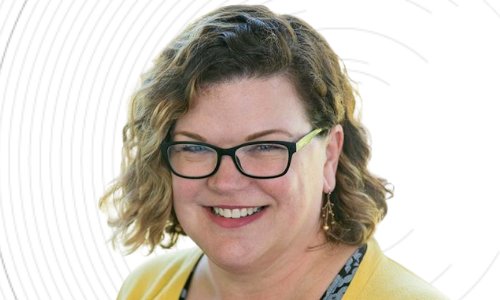
Laura Anthony, PhD, Featured on CBS4 (Denver)Opens in a new window
Nov 16, 2020Laura Anthony, PhD, Pediatric Mental Health Institute, says we should expect kids to feel more stress, sadness and grief about the things they’re missing and to watch for signs of distress.Opens in a new window Full story -
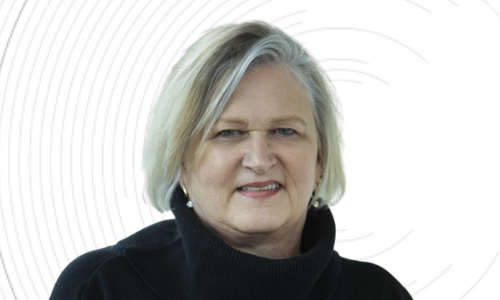
Dr. Sharon Hunter Featured on News4Jax: "Pregnant During COVID? Protect Yourself and Your Baby"Opens in a new window
Dec 10, 2020Sharon Hunter, a developmental psychologist at CU Anschutz Medical Campus [and associate professor of psychiatry at CU School of Medicine], said choline is “an important, neurotransmitter-like substance that’s really critical for appropriate fetal brain development.”Opens in a new window Full story -
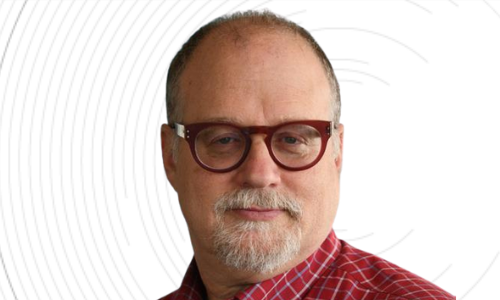
Dr. Steven Berkowitz Featured on CU Anschutz 360 Podcast | "Fallout from Mental Health Crisis Spawned by COVID-19 Disruption Will Likely Continue for Years"Opens in a new window
Dec 7, 2020Dr. Steven Berkowitz is a psychiatrist specializing in trauma in children and adolescents. He says the pandemic has taken a mental health toll on all of us, especially Generation Z, the young people who lived through 9/11, natural disasters and a rapidly changing climate. The impacts, he says, will far outlast the pandemic.Opens in a new window Full story -
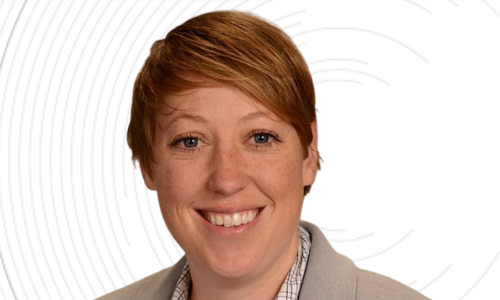
Scripps National News: Jenna Glover, PhD, Explains How the Pandemic is Changing the Holidays for KidsOpens in a new window
Nov 15, 2020The COVID-19 pandemic has ensured that holiday gatherings will look a lot different for many this year, and for some parents, it might be difficult to explain why to their children.Opens in a new window Full story -
.png?sfvrsn=ea387cba_0)
Mind the Brain: Vaccine Hesitancy in the Time of COVID-19
Dec 8, 2020In our second episode of the new season, we discuss why some Americans may be hesitant to get COVID-19 vaccines and strategies for effectively addressing concerns related to new vaccines. Dr. Neill Epperson discusses these various barriers to participation in an insightful conversation with Dr. Chad Morris.Full story -
.png?sfvrsn=628e69ba_0)
Mind the Brain: Managing During Uncertainty
Nov 18, 2020Dr. Neill Epperson is joined by family and psychiatric mental health nurse practitioner, Laura McGladrey. Together they reassess our definition of “thriving” as we continue to live through uncertainty and a rapidly changing reality.Full story -
.png?sfvrsn=628e69ba_0)
Mind the Brain: The Microbiome and Mental Health in the Time of COVID-19
Jul 28, 2020You’ve probably heard people say that a healthy gut equals a healthy mind. But what does this actually mean and what can we learn from this in the time of COVID-19? In this episode, Dr. Neill Epperson explores how to mind our microbiome-gut-brain axis with Dr. Christoper Lowry, an Associate Professor in both the Department of Integrative Physiology at UC Boulder and the Department of Physical Medicine and Rehabilitation and Center for Neuroscience here on the Anschutz Medical Campus.Full story -
.png?sfvrsn=628e69ba_0)
Mind the Brain: What Brain Science Can Teach Us About Adolescent Stress and Resilience
Jul 22, 2020We can all agree that 2020 has been a real mess. The novel coronavirus pandemic has caused immense disruption to our daily routines, social connections, family relationships, working and academic goals, and plans for the future. In this episode, Dr. Epperson talks with Dr. Roselinde Kaiser, an Assistant Professor in the Department of Psychology and Neuroscience at UC Boulder, about what brain science can teach us about adolescent stress and resilienceFull story -
.png?sfvrsn=628e69ba_0)
Mind the Brain: Sleep and Stress During COVID-19
Jul 16, 2020During a global pandemic, it comes as no surprise that getting good sleep can feel difficult. Decreased sleep quality and quantity including difficulty falling and staying asleep, sleeping too much, distressing dreams and sometimes nightmares are common during times of stress and the current period of prolonged urgency, uncertainty and heightened work/life demands. The following are concrete suggestions to help improve sleep during this challenging time.Full story -

Merlin Ariefdjohan newly elected 2020-2021 Secretary, Faculty Senate
Jul 13, 2020 byThe School of Medicine Faculty Senate will have two continuing faculty officers and two newly elected officers for the 2020-2021 academic year. Newly elected are Gregary Bocsi, DO, assistant professor of pathology, as president-elect, and Merlin Ariefdjohan, PhD, MPH, assistant professor of psychiatry, as secretary. Continuing faculty officers are Jaime Arruda, MD, associate professor of clinical practice of obstetrics and gynecology, who will be president, and Nicole Draper, MD, associate professor of clinical practice of pathology, who will be past-president. Thanks to all for their leadership.Full story
Contact Us
Department of Psychiatry
Anschutz Medical Campus
13001 E 17th Place
Fitzsimons Building, 2nd floor, Suite C2000
Aurora, CO 80045
Phone: (303)724-4940
Fax: (303)724-4956